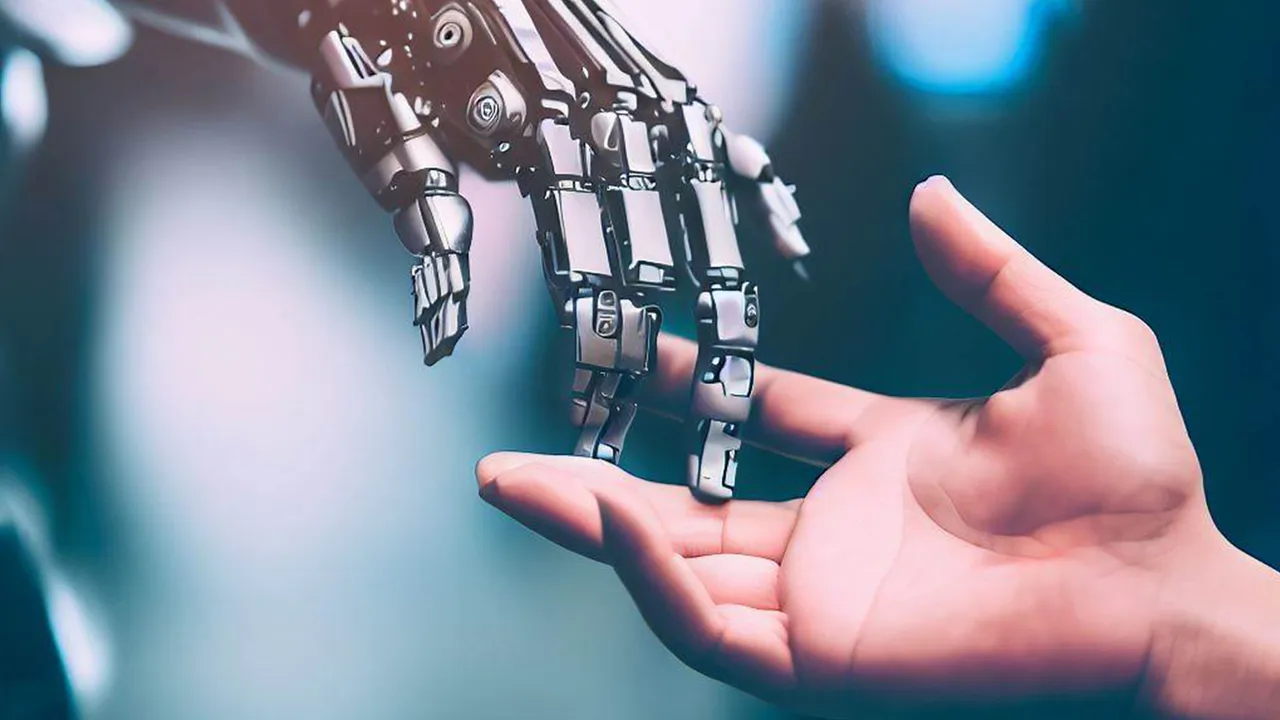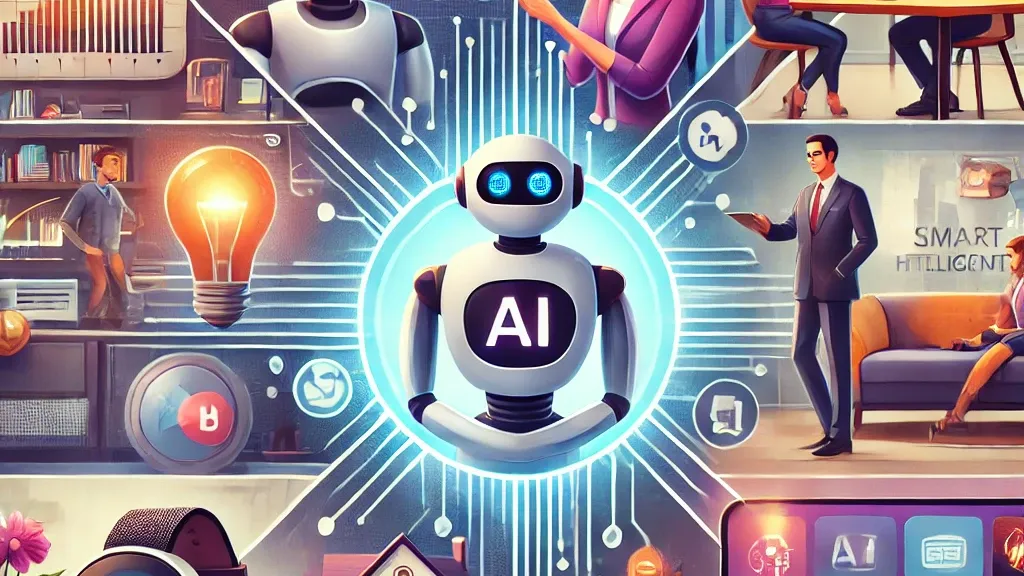Nowadays, artificial intelligence (AI) is more than simply a catchphrase or an idea found only in high-tech labs and science fiction films. It’s subtly changing our daily lives in ways we might not even be aware of at first. AI is enabling the smarter, faster, and more intuitive tools we use daily, from the smartphone in your pocket to the smart assistant in your living room.
Smarter Phones and Apps
The majority of us carry around a small AI powerhouse. AI-powered features abound in contemporary cellphones. Real-time assistance is provided by voice assistants that comprehend natural language, such as Siri and Google Assistant. Photo programs automatically categorize and enhance images. Predictive text and smart replies save time while composing messages. AI systems that learn your usage patterns even optimize your battery.
AI in Homes
Gradually adapting settings to your daily schedule without requiring continuous human input. Another area where AI is flourishing is smart houses. AI is used by gadgets like the Amazon Echo and Google Nest to understand voice commands and do everyday chores, such as controlling smart lighting and thermostats, playing music, and creating reminders. Your preferences are learned by AI.
Productivity Tools Get a Boost
AI is also altering how humans operate. Natural language processing is used by apps such as Grammarly to improve writing by recommending modifications to tone, grammar, and clarity. Google Workspace and Microsoft Office now feature smart features that offer real-time ideas for emails, documents, and spreadsheets. AI is simplifying our communication and teamwork, which makes daily chores simpler and more effective.
Personalized Experiences
AI is used by streaming services like Netflix and Spotify to examine user behavior and provide tailored suggestions. In addition to improving user experience, this technology aids platforms in maintaining audience engagement. Similar to this, shopping applications make product recommendations based on user preferences, browsing history, and previous purchases.
Health and Wellness
AI is even entering the realm of personal health. AI is used by wearables such as the Fitbit and Apple Watch to track heart rate, measure physical activity, and provide insights to enhance health and sleep. AI is used by mental health applications such as Headspace and Calm to tailor mindfulness and meditation techniques according to user input and behavior.
Challenges and Considerations
Although it’s fantastic to see AI becoming more prevalent in everyday tools, worries about data security, privacy, and digital dependence are also raised. For many tools to work properly, user data must be gathered and analyzed. Because of this, it is crucial that businesses implement clear policies and that users are aware of how their data is being used.
Final Thoughts
Artificial intelligence (AI) has arrived and is now smoothly incorporated into the instruments we use daily. AI will significantly improve our everyday routines’ efficiency, customisation, and convenience as it develops. Striking the correct balance between utilizing AI’s potential and safeguarding our online safety will be difficult.
AI is silently working in the background to make life a little bit easier, whether you’re drafting an email, asking your smart speaker what the weather is like, or receiving workout recommendations from your fitness band. AI’s emergence in commonplace technologies is the new standard, not only a fad.



